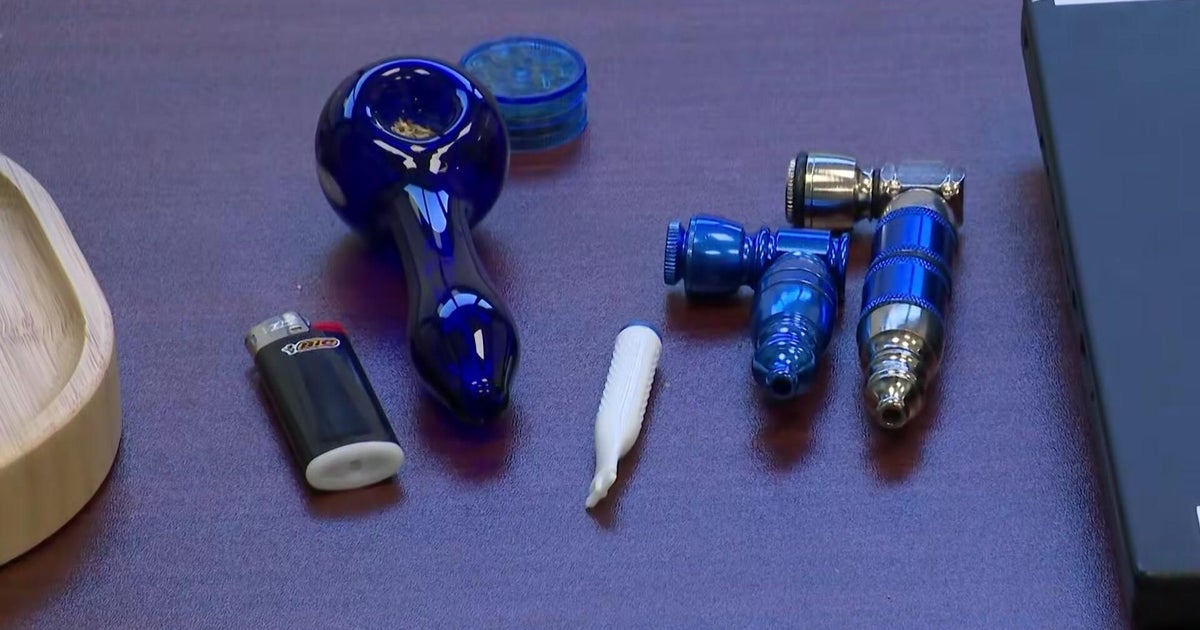New research sheds light on the day the dinosaurs died: "We could have had a very different planet"
For the first time, we have a detailed picture of what happened in the 24 hours after an asteroid hit the Earth 65 million years ago and caused dinosaurs to become extinct. A research team led by the University of Texas at Austin made the new discoveries using rocks found off the Yucatan Peninsula. They found that the blast ignited a chaotic day of fires, earthquakes, and tsunamis, which led to a prolonged period of global cooling.
The new research allows scientists "to get a really clear snapshot" of what happened that day, according to Derrick Pitts, chief astronomer at the Franklin Institute in Philadelphia. "This is the most eventful day, almost in the history of the planet."
That snapshot is a grim one. Pitts said the asteroid was six miles wide – and that when it hit Earth, it created a crater 90 miles wide and 18 miles deep that blew 25 trillion metric tons of material into the atmosphere.
The new research showed scientists that the impact "created a gigantic tidal wave that washed across this continent, and really changed the face of the planet in that location – or, really, changed the face of the planet overall entirely," Pitts said.
The spot where the asteroid struck is key, he said. "If the asteroid had not hit that particular location at that time, it could have been a very different outcome for the planet," he said. "That particular impact region at that particular time created this world that we have now because it altered the planet ... If it had hit somewhere else, we could have had a different planet."
The research also showed that the event isn't isolated – and that another asteroid could strike.
There is good news: while smaller asteroids could still cause problems, Pitts is confident that a major asteroid isn't headed toward Earth any time soon. "I'm confident there's not a big one heading our way," Pitts said. "And we've taken a very good assessment of what's out there. Still more work to be done -- but we know there aren't any more planet killers out there in the next thousand years or so."



